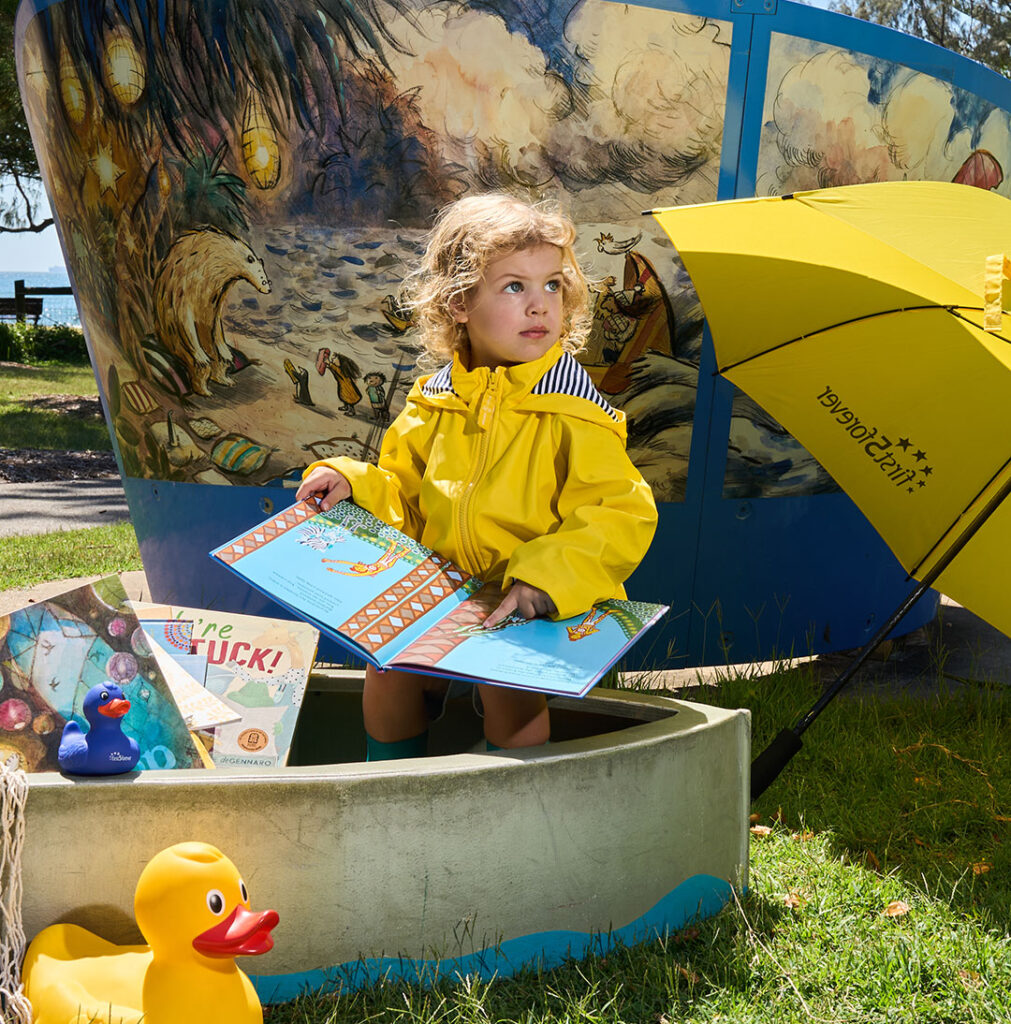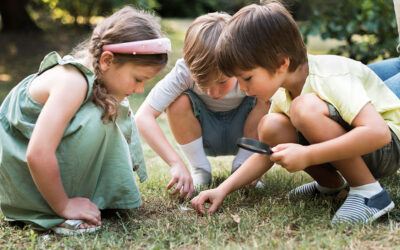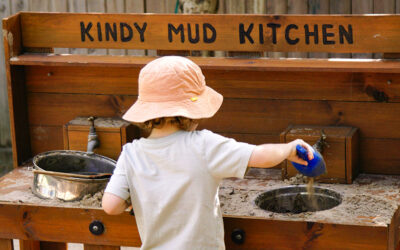For parents of young children, the magic of books often begins with the simple act of turning pages together. But the power of children’s books extends far beyond bedtime stories. From fostering creativity and curiosity to teaching critical life skills, books play a vital role in a child’s emotional, intellectual, and social development. In an era dominated by screens and distractions, cultivating a love for reading in early childhood is more important than ever.
The world through a child’s eyes
For children, picture books and early readers are often their first glimpse into worlds beyond their own backyard. These stories spark curiosity and imagination, planting the seeds for creativity and exploration. Whether following a magical dragon on a quest or learning about life in a faraway land, children’s books introduce new ideas. They expand horizons, and teach empathy by helping young readers see life through someone else’s perspective.
Children’s books can also help children confront their feelings and fears. Stories about overcoming challenges—whether a character faces a big move, navigates friendships, or confronts a bully—provide young readers with tools to navigate their emotions. Books teach children to understand that struggles are normal and surmountable, empowering them to build confidence and resilience.
“Through books, children learn that characters face challenges just like they do,” says Karen Gawen, Sunshine Coast Council Young People’s Services Supervisor. “Seeing these characters persevere can encourage children to face their fears and solve problems.”

Children’s books take kids on an adventure. Credit: Giselle Images
Developing curiosity and a love of learning
The early years are critical for developing curiosity about the world. Books can inspire young readers to ask questions, seek answers, and explore their environment. For example, a simple story about space exploration might lead to hours spent identifying stars. A book about dinosaurs could spark a fascination with fossils. This curiosity often leads to goal-setting. For example, a child enchanted by a story about a young chef may decide to bake a cake. Books inspire children to dream, plan, and take action, laying the foundation for lifelong learning and ambition.
Children’s books foster empathy and open-mindedness
Introducing children to diverse characters and experiences broadens their understanding of the world. Books featuring protagonists from different cultures, abilities, and backgrounds encourage empathy and open-mindedness from a young age. This exposure helps children learn to appreciate differences, an essential skill in our increasingly interconnected world.
As parents, choosing books that celebrate diversity and inclusion is one of the most impactful ways to raise caring, empathetic individuals. Titles that gently address topics like environmental stewardship, cultural and social differences or historical events can encourage thoughtful conversations, even with the youngest readers.
Why reading for fun matters
A love of reading begins with joy. Kids who associate children’s books with fun are more likely to develop a lifelong habit of reading. Research shows this leads to better academic performance, enhanced problem-solving skills, and improved emotional wellbeing.
Children who read for pleasure experience better academic outcomes, improved mental health, and higher earning potential later in life.
Unfortunately, a recent Reading Guarantee Report from The Grattan Institute revealed that one-third of Australian students today fail to learn to read proficiently. The report’s lead author, Grattan education program director Jordana Hunter, called this crisis a ‘preventable tragedy’.
Parents can play a crucial role by making reading a positive experience at home. “Reading for fun is the key,” explains Karen. “The more that kids see reading as enjoyable, the more likely they are to stick with it. And the benefits can be seen throughout their lives.”

The local library is the perfect place to start your next adventure. Credit: Giselle Images
The role of libraries in building a reading culture
Libraries are treasure troves for busy parents looking to foster a love of reading in their children. Offering a wide selection of books on every topic imaginable, they provide free access to stories, knowledge, and adventure.
For families, the local library is the largest ‘bookshop’—and it’s completely free. Parents can browse board books for toddlers, picture books for preschoolers, and chapter books for early readers, all while taking advantage of library programs such as storytime sessions, craft activities, and summer reading challenges.
“Libraries are an invaluable resource for parents,” says Karen. “We’re here to support families, whether they’re looking for the perfect bedtime story or want to explore new topics with their kids. With eight libraries, two Mobile Libraries and a large eLibrary you will be sure to find something you and your children will love.”
Creating lifelong readers begins young
So how can parents encourage a love of reading from an early age? Karen recommends these simple strategies:
- Start early: Reading to babies and toddlers helps build language skills and fosters bonding. Even infants benefit from the rhythm and rhyme of children’s books.
- Be a role model: Children who see their parents reading are likelier to pick up the habit. Keep books visible and accessible at home.
- Let kids choose: Allowing children to choose their own books—whether it’s a silly story about animals or a science book about volcanoes—makes reading more engaging.
- Make it social: Share stories as a family or connect with friends for book-themed playdates. Discussing favourite books can create a shared reading experience.
- Visit the library often: Regular trips to the library introduce children to new books, authors, and genres and instil a sense of community.
Book Week 2025: Book an Adventure
The theme for Children’s Book Week 2025 is ‘Book an Adventure’, a celebration of how books can transport readers to extraordinary places. Books invite children to embark on adventures from the comfort of their favourite reading spot, whether it’s an imaginary land of talking animals or the ocean’s depths.
This year’s theme is an opportunity for parents and educators to spark excitement about reading. Activities like dressing up as favourite book characters, treasure hunts based on story clues, and creating adventure maps inspired by books can make reading feel like an exciting journey.
Books are more than just stories; they are tools for growth, understanding, and connection. They open the door to endless possibilities, teaching children to dream big, empathise with others, and embrace the joys of discovery. As parents, instilling a love of reading in our children isn’t just a gift for today—it’s an investment in their future. So why not start tonight? Pick up a book, settle in for storytime, and watch the magic unfold!
Related Reads
Building literacy in the great outdoors
Your free playground for recreational learning
Why the first five years REALLY matter for early literacy


